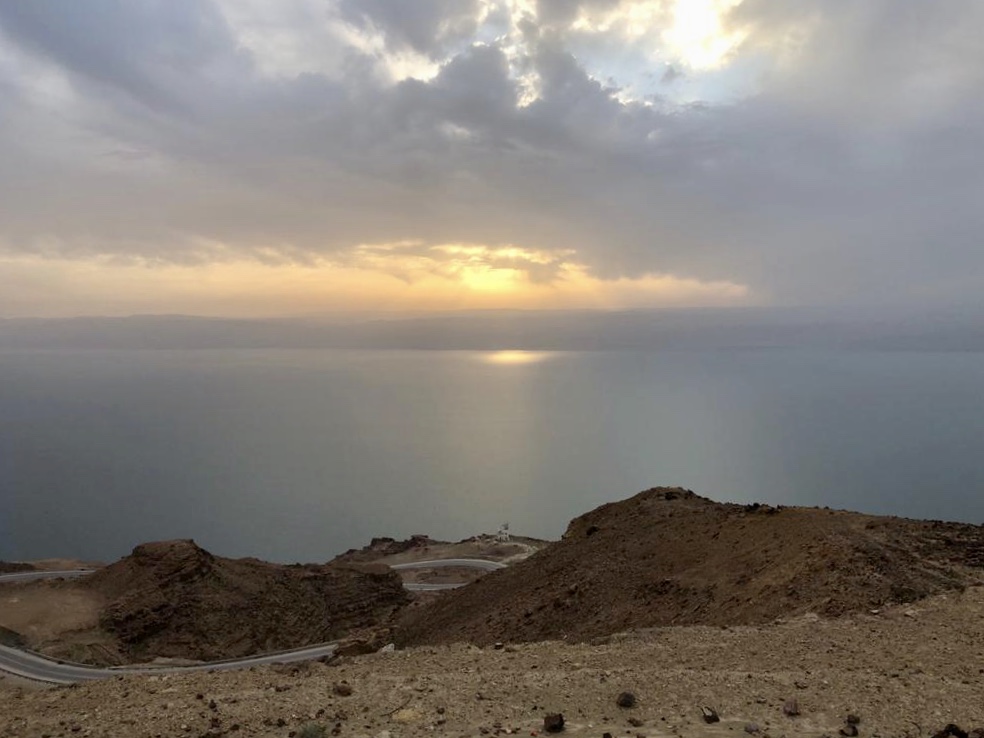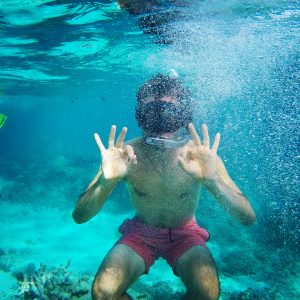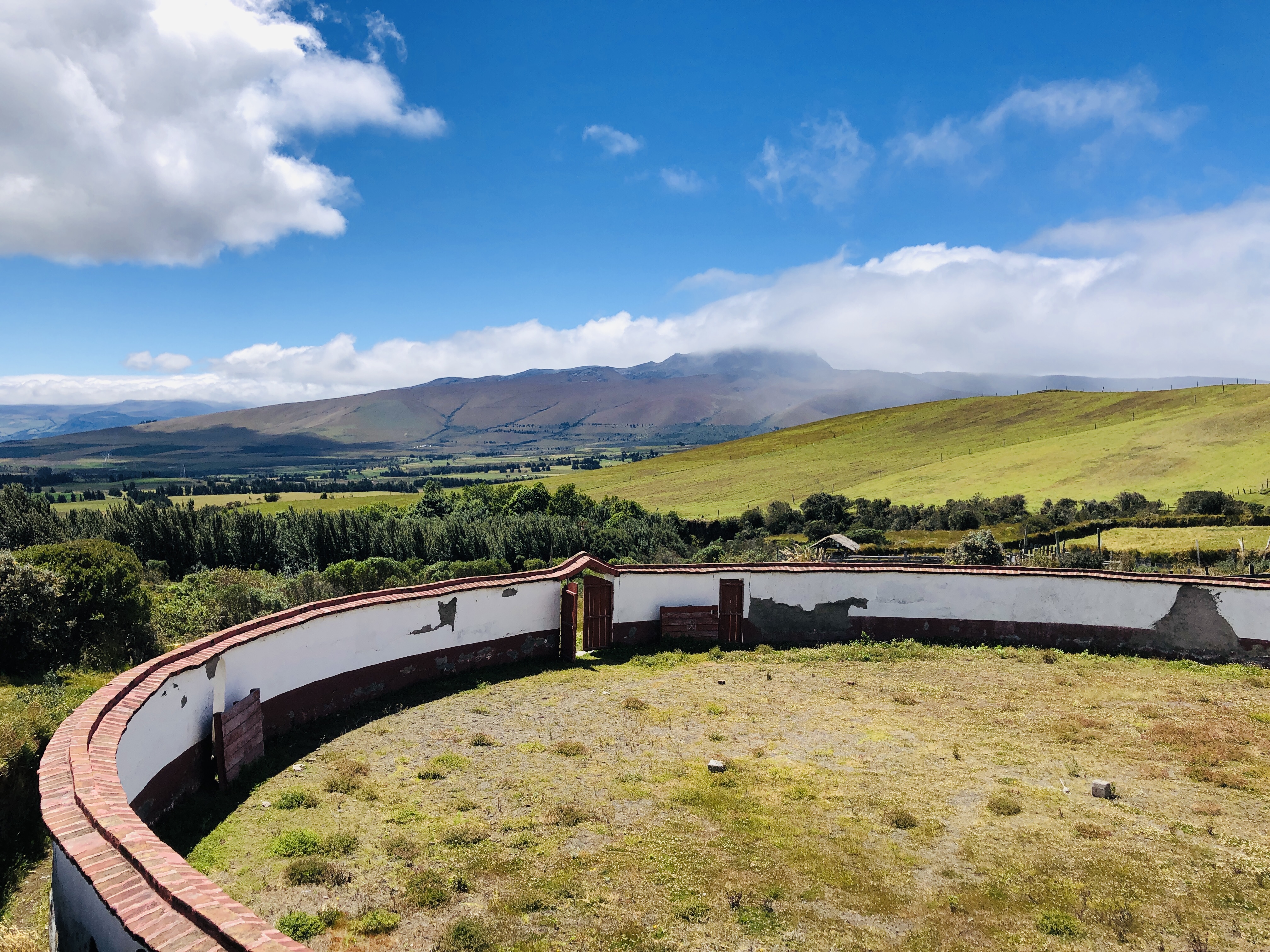Sea-Swimming in Jordan and Egypt by Tim Ghazzawi:
People in Jordan don’t call it Israel. To them, that place is Palestine.
Technically, I was standing on Jordan’s shores, though as I looked across the Dead Sea, the hilltops on the other side seemed to rise and fall about the same. Conflicting religious beliefs, political ideologies, and boundary-mapping have defined the Middle East for decades. My own dad immigrated to the United States amidst the violence and turmoil in Lebanon in the 1970s. But from those hilltops I heard neither Arabic nor Hebrew, saw no flags, and heard no gunfire. I smelled salty air and felt the wind wrap around my jacket collar and I watched the sun dip yellow pink and orange behind the clouds.
It is said that the mud from the Dead Sea has natural rejuvenating qualities. Earlier that day, I’d layered a thick coat of it on my skin, let it harden in the sun, and scrubbed it away in the water. Hours later and I still felt clean and new. People pay hundreds of dollars for a tiny tub of the stuff. It’s ironic, though, right? How this cleansing mud comes from a region that hasn’t seen clean hands for years.
It’s true the Dead Sea contains a special type of magic. No matter how hard you try to submerge yourself beneath its waters, you inevitably rise to the surface like a pool float. There is so much salt in it, the water feels like oil and tastes acrid and briny. There is hardly a current. Treading water is an unnecessary exercise. And given that nothing lives there, you need not worry about creepy sea creatures nipping at your toes. So you lay back and drift. You can even read if you like. But never do you worry about drowning. Floating too far away is your only concern.
Float too far and end up in another country. Float too far and be questioned or contained or worse. Float too far and be called enemy and spy. Float too far and you might die.
Now in Egypt, on the shores of a different sea, I can’t help but feel confronted by the frequency with which beauty and violence have been so historically intertwined. Only five years ago, routes to Sharm El Sheikh, the resort town where I’m currently staying, were closed because of a devastating terrorist attack that killed 224 people. Since then, beach life has crept back to normalcy. The Red Sea continues to be heralded as a top dive site, home to over a thousand different species of fish, including whale sharks, the largest fish in the world. It also continues to share its waters with eight different countries and by extension an array of different religions and ethnicities, languages and cultures.
One of the best parts of being underwater is the weightlessness you feel. Swim off your nerves and a sense of borderless adventure takes control. The only walls that exist are covered in coral. The names of creatures are scientific and universal. Your breathing calm and rhythmic. If only life above water could feel the same.








